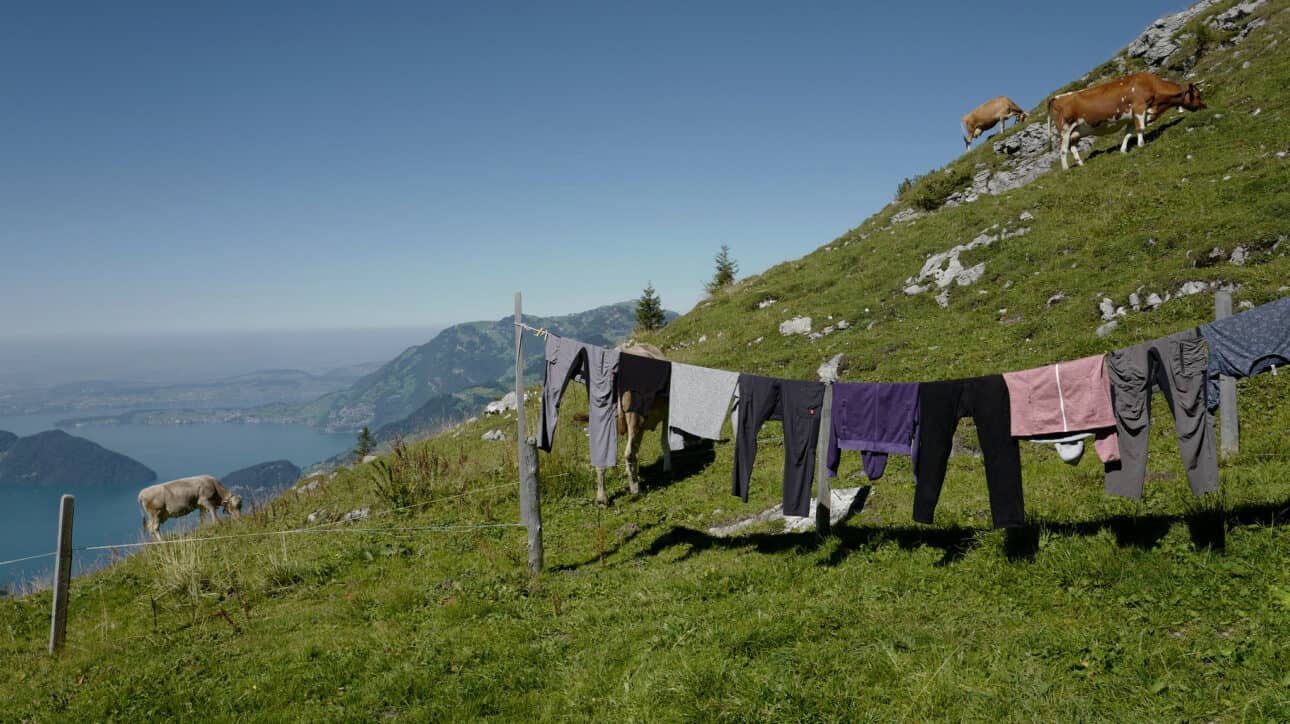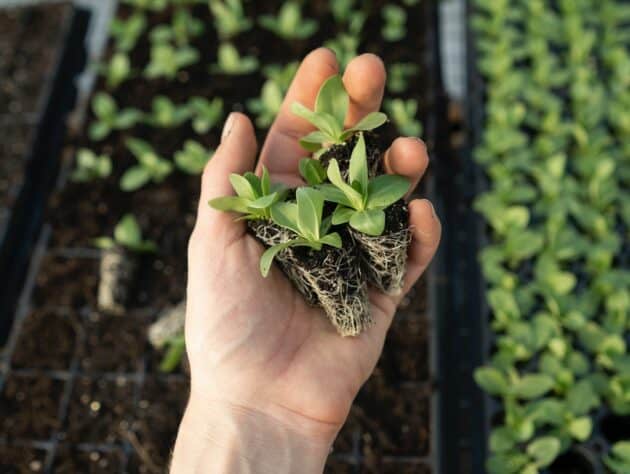We envision a global textile production model that protects both people and planet

Supporting livelihoods goes hand in hand with our Climate+ strategy
Whilst the core mission of Textile Exchange is environmentally focused, we are driven by a holistic approach that strives to protect human rights, communities, and livelihoods too.
CHALLENGES
We recognize there are threats to labor and human rights along global supply chains
Unfortunately, labor rights abuses are prevalent across the world and global supply chains. This is especially the case at the raw materials sourcing stage. Vulnerable populations are more at risk of labor rights exploitation, as well as being severely impacted by climate change.

SOLUTIONS
A due diligence approach is essential to proactively manage human rights risks
We are carrying out a landscape analysis to better understand the human rights risks in preferred fiber and material supply chains, in the hope that we can work with partner organizations to shape best practices for the industry. As we transition to our new, unified standards system, we aim to encompass human rights and livelihoods as a fundamental impact area.

The role of our standards
Textile Exchange’s standards provide the industry with a way to verify sustainability claims from raw material to final product.
Our current standards
Our standards are one tool to support comprehensive due diligence strategies. Most of our standards are focused on best practices in areas such as land management and the protection of animal welfare.
Standards and audits against social criteria can act as a tool to identify concerns, but due to the often-complex nature of social issues, they are not always able to identify and resolve all concerns. Certification to a Textile Exchange standard cannot be used as evidence for the absence of a particular social concern.
The unified standard system
As we move forward with the development of a unified standard system that embeds Climate+ impact areas, we are strengthening our integration of human rights and livelihoods factors, particularly at the early stages of the supply chain.
Textile Exchange does not perform certification activities itself, nor do we provide on-the-ground program work regarding the production of organic cotton or any other fiber in any country, nor make recommendations for preferred sourcing locations.
Learn more about our unified standard system.
NEXT STEPS
Take meaningful action
We encourage our member organizations to follow the OECD Due Diligence for Responsible Supply Chains by identifying, preventing, mitigating and accounting for how they address the potential and actual adverse impacts of their activities on people and the environment. These impacts can be in their own operations, their supply chains or as part of other business relationships.
